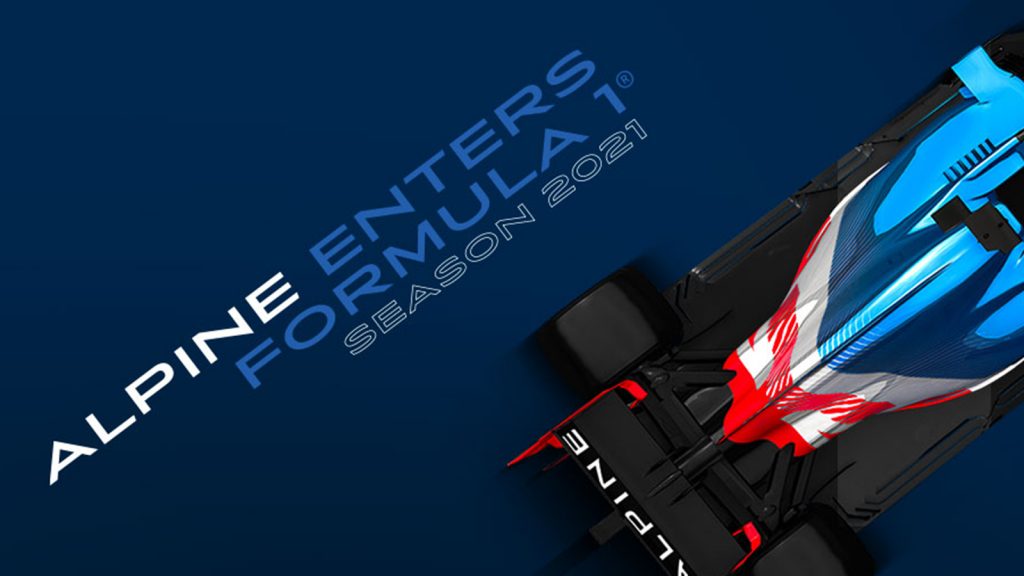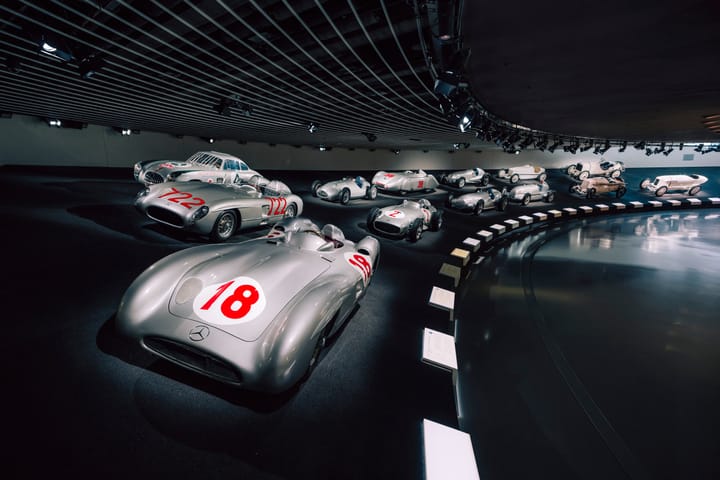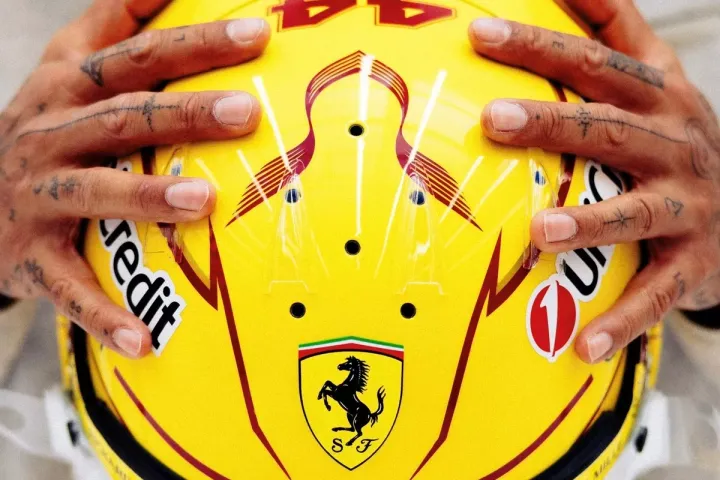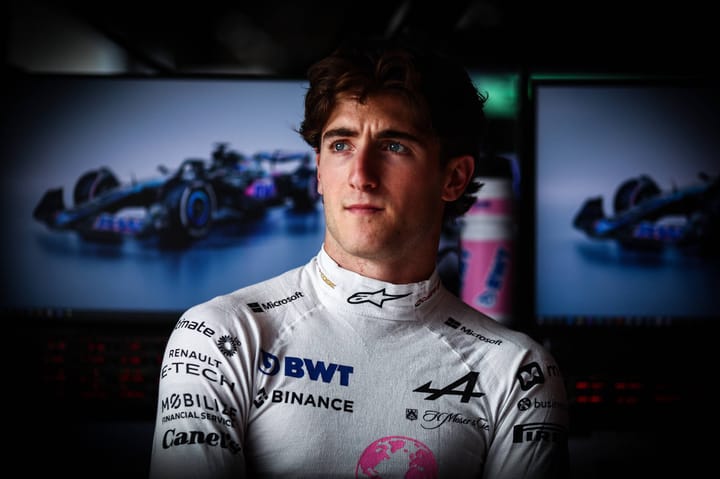Renault Out Of F1
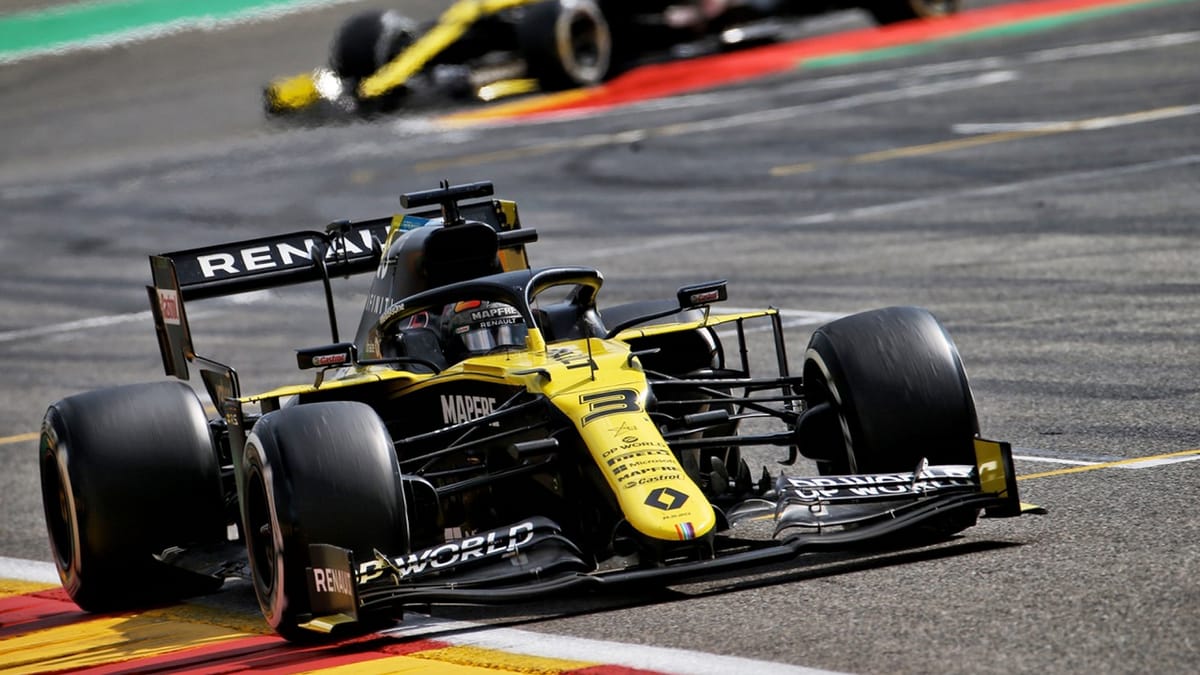
Renault is quitting Formula One at the end of the year to clear the way for its performance brand, Alpine.
Re-branding and re-positioning as Alpine is part of a major new strategy for the French maker, which is organising itself around four key brand pillars – Renault, Alpine, Dacia and New Mobility.
The Alpine move means there will be two new brands on grand prix grids for 2021, as Racing Point morphs into the full-factory Aston Martin team.
The involvement of Alpine in F1 is not new, even if the name is better known for its rallying successes in the 1970s and the creation of an all-new Alpine 110 which is in showrooms today.
The very first Renault Formula 1 car developed in secret in the course of 1976 was known as the Alpine A500 and was powered by a Renault Gordini turbo engine that went on to win at Le Mans.
The car was given the designation A500, but as the work went on Alpine was bought by Renault and the staff at the French town of Dieppe was transferred to Viry Châtillon.
The car would serve as the base for the Renault RS01 which started racing in 1977, starting the turbo revolution in F1, although the car was known as the ‘whistling kettle’ during its early days because of the number of turbo engine failures.
Renault has been in F1 almost ever since in one form or another.
Groupe Renault has recently come under the control of Luca de Meo and he has concluded that the firm needs to do more with the Alpine brand, in an effort to increase sales of the A110, a very highly-rated sports car which has not enjoyed the kind of sales that one would expect from such a car. Last year Alpine sold only 4798 cars and the majority of them were in France.
Switching the Formula 1 team to the Alpine brand is clearly the sign that Renault wants to develop its sports car sales around the world. This makes sense as Renault is not a major player in the world’s two biggest car markets, China and the United States, and so introducing the more exciting Alpine brand will not cut across Renault sales.
There is no doubt that the A110, which is positioned as a rival to the Porsche Boxster, will eventually get hybridisation and possibly an electric version as well in the longer term.
The switch of branding in 2021 will also see Renault using its new E-TECH hybrid branding on the F1 cars, which will help to develop the company’s planned New Mobility division.
The Renaults will switch from the current yellow-and-black colouring to a French blue next year, although the side view of the car will a be a red, white and blue tricolore of the French flag. There is also a nod to the British element in the F1 team with the livery at the rear of the car giving a hint of a Union Jack when viewed from above.
However, switching the cars to French blue and playing up the French nature of the company also seems to be an attempt to get more French companies to get involved in the sport, as used to be the case.
France has a number of big global conglomerates but they have not been involved in the sport for many years, probably because Renault was always pushing for a global image.
Alpine is a brand that grew out of Renault dealer Jean Redele’s desire to compete in rallying in the post-war era, using a converted Renault 4CV. By 1951 his conversions had turned into a business which was named Automobiles Alpine and after that he began to build his own prototype cars.
“Alpine is a beautiful brand, powerful and vibrant, that brings a smile to the faces of its followers,” says de Meo.
“By introducing Alpine, a symbol of French excellence, to the most prestigious of the world’s automotive disciplines, we are continuing the adventure of manufacturers in a renewed sport. We are bringing a dream brand alongside the biggest names, for spectacular car races made and followed by enthusiasts. Alpine will also bring its values to the F1 paddock: elegance, ingenuity and audacity.”
The team will continue to be headed by Cyril Abiteboul, although he has also been given a bigger role to develop a strategic plan for Alpine.
The company is shifting its targets from sales volumes towards more up-market cars, which generate more profit.
It remains to be seen whether in time Abiteboul will be put in charge of the new division, although this would be a logical move as he played a key role in the development of the Alpine A110, which was originally a joint venture between Renault and Caterham, known as Automobiles Alpine Caterham.
This funded the program but Caterham never had the money to develop the project, which was initially an idea put forward by the then Renault executive Carlos Tavares, who is today in the process of merging Fiat Chrysler Automobiles with Groupe PSA Peugeot.
